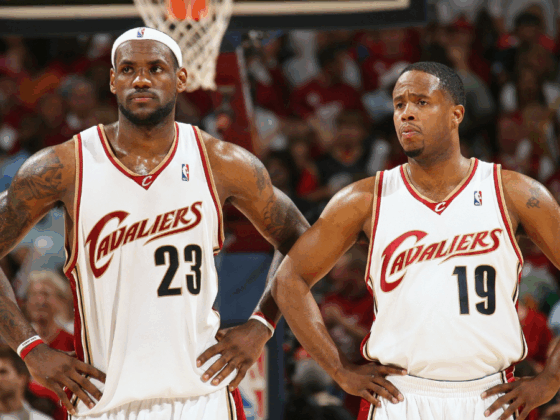
Would Major League Baseball ever decide to shorten the season and go back to the way things once were? According to MLB Commissioner Rob Manfred and the director of MLB Player’s Association David Clark, it’s possible.
On Tuesday before the All-Star game, both Rob Manfred and Tony Clark both talked about the possibility of shortening the season from the current 162-game schedule back down to 154 games. If this were to happen, this could be the biggest change to the game in over half a century.
Not to sound like anyone is making excuses for players making millions of dollars, but the players are being demanded to perform more than they ever have been before. The way the schedules are laid out now prevent the player from having any down time whatsoever. Getaway days, day games after night games, longer practices, and much more have affected the way player’s bodies perform (or break down). Injuries occur at a much more alarming rate than ever before, putting a strain on teams that have playoff aspirations. Contracts today are also guaranteed, which means if teams lose their players to a devastating injury, they have no way of getting out of this financial hole.
No one can argue Tony Clark’s point. Some of these teams are playing 14 days straight with no time off. Imagine getting back to your hotel room at 2 a.m. and having to be back at work by 10 a.m. to do it all over again? That is not an easy thing for your mind or your body.
Aside from injuries, by changing the amount of games in a season baseball is almost guaranteeing that players will never reach some of the milestones that have been achieved since the schedule was lengthened. It will be near impossible to break Barry Bonds’ home run record in 154 games, it will be harder to win 20 games in a season, and it will be near impossible to break Ichiro’s record of 264 hits in a single season. In some ways this is good since history will stand the test of time, but it can eliminate the fire for some players when trying to achieve these feats, and it can also prevent MLB from making a profit from the player chasing history.
On the other hand, eliminating 8 games from the season makes every game that much more important. Every season teams are fighting up until the last game of the season and every year a team goes home heartbroken from falling one game short. It would be a dream for MLB to add even more juice to the regular season, especially after how well the new wild card format has proven itself to work. This will also stop the season from extending into the beginning of October and preventing the playoffs from going into early November.
Another thing MLB has been concerned about is the lack of children wanting to play baseball over other sports. Why would a child want to go into a sport that endures 162-games when they can play in the NFL and only play 16 games? These are some of the questions that MLB needs to think about when they try to make their sport more appealing to the younger generations, as well as the ever-growing market for international players.
On the surface, shortening the season seems like a no-brainer. Less injuries, more time off for the players, more regular season game importance, so what can possibly be holding up such a change? The short answer is simple: Money.
Lets think logistics for a moment. By shortening the season by 8 games, you are essentially cutting profits by 5% when you just consider the amount of money the league makes per day and per game played. While this does not seem like a big deal, at the end of the day MLB is a business, and all businesses care about are profits. There would be 8 less games per team, which means 8 less games for networks to air, 8 less games for fans to attend, and 8 less games for sponsors to advertise for. Not only would this be a difficult pill for the league to swallow, but the owners will not love the idea of losing money either.
One thing we can be sure about is that this is not a change that will happen overnight. A plan must be set in place for this and the league will have to be prepared to take some losses. Many fans may embrace the change because it will be less games to sit through, but it will be the largest change in over half a century. Lets see what Rob Manfred has prepared when this idea becomes more of a reality. It may be Rob Manfred’s first season as Commissioner, but this idea would set him apart from his many predecessors.






